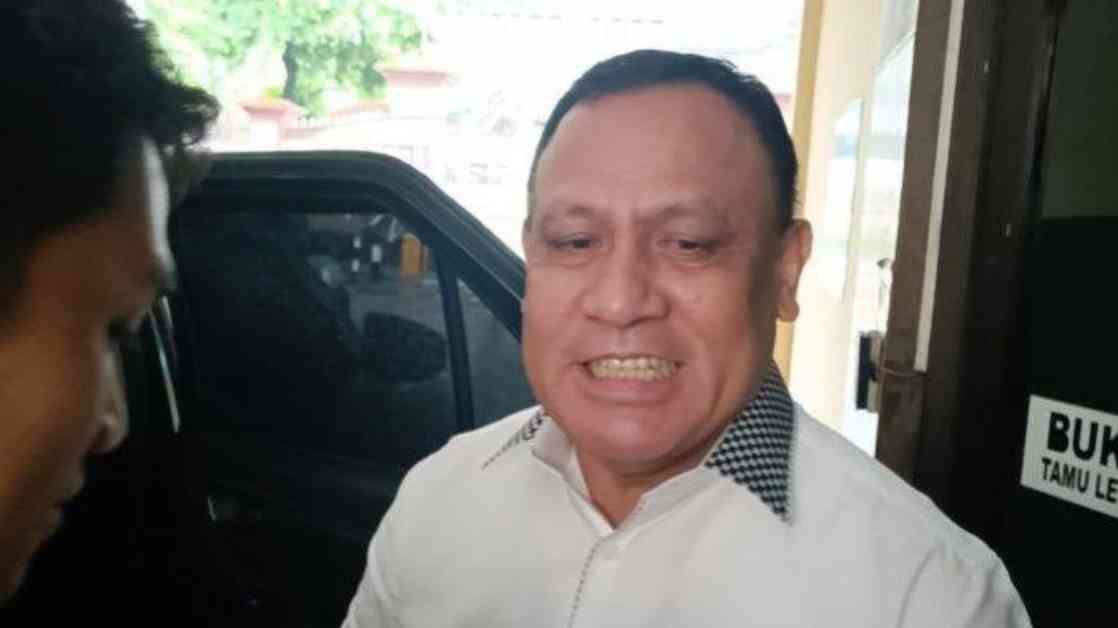Investigation of Firli Bahuri by KPK in Relation to Hasto Kristiyanto and Harun Masiku Case
In a recent development, the Corruption Eradication Commission (KPK) is delving into allegations of former KPK Chairman Firli Bahuri’s involvement in the case of PDIP Secretary-General Hasto Kristiyanto and former PDIP legislative candidate Harun Masiku. The investigation stems from the interrogation of former KPK Investigator Ronald Paul Sinyal on Wednesday, January 8, 2025, where it was revealed that Firli Bahuri is suspected of obstructing the investigation.
Uncovering Allegations and Seeking Testimonies
Addressing the media at the KPK’s Red and White Building in South Jakarta, Director of Investigation Asep Guntur Rahayu shed light on the ongoing probe into the matter. Asep mentioned that former KPK investigators have implicated the involvement of past leadership, prompting the need for further inquiries. Efforts are underway to summon these individuals to ascertain the circumstances surrounding the case’s resolution during their tenure.
Revealing Obstruction of Search Operation
Following his interrogation, Ronald disclosed an incident where Firli Bahuri allegedly obstructed a search operation at the PDIP Central Executive Board office back in 2020. Despite the investigative team’s intent to designate Hasto Kristiyanto as a suspect in the same year, the decision was thwarted due to a lack of approval from the leadership led by Firli Bahuri at that time.
Challenges and Implications
The unfolding investigation poses significant challenges as it delves into potential misconduct by high-ranking officials within the KPK. The allegations of obstructing justice and impeding investigative efforts raise concerns about the integrity of the anti-corruption agency and its ability to function independently. As the case progresses, the public awaits further revelations and actions to uphold accountability and transparency within the KPK.
In a personal reflection on the matter, one cannot help but ponder the implications of such allegations on the fight against corruption in Indonesia. The trust and credibility of institutions like the KPK are essential in combating systemic corruption and ensuring justice for all. As citizens, we must remain vigilant and demand accountability from those entrusted with upholding the rule of law. Let this serve as a reminder of the importance of transparency and ethical conduct in governance to build a more just and equitable society for future generations.






















